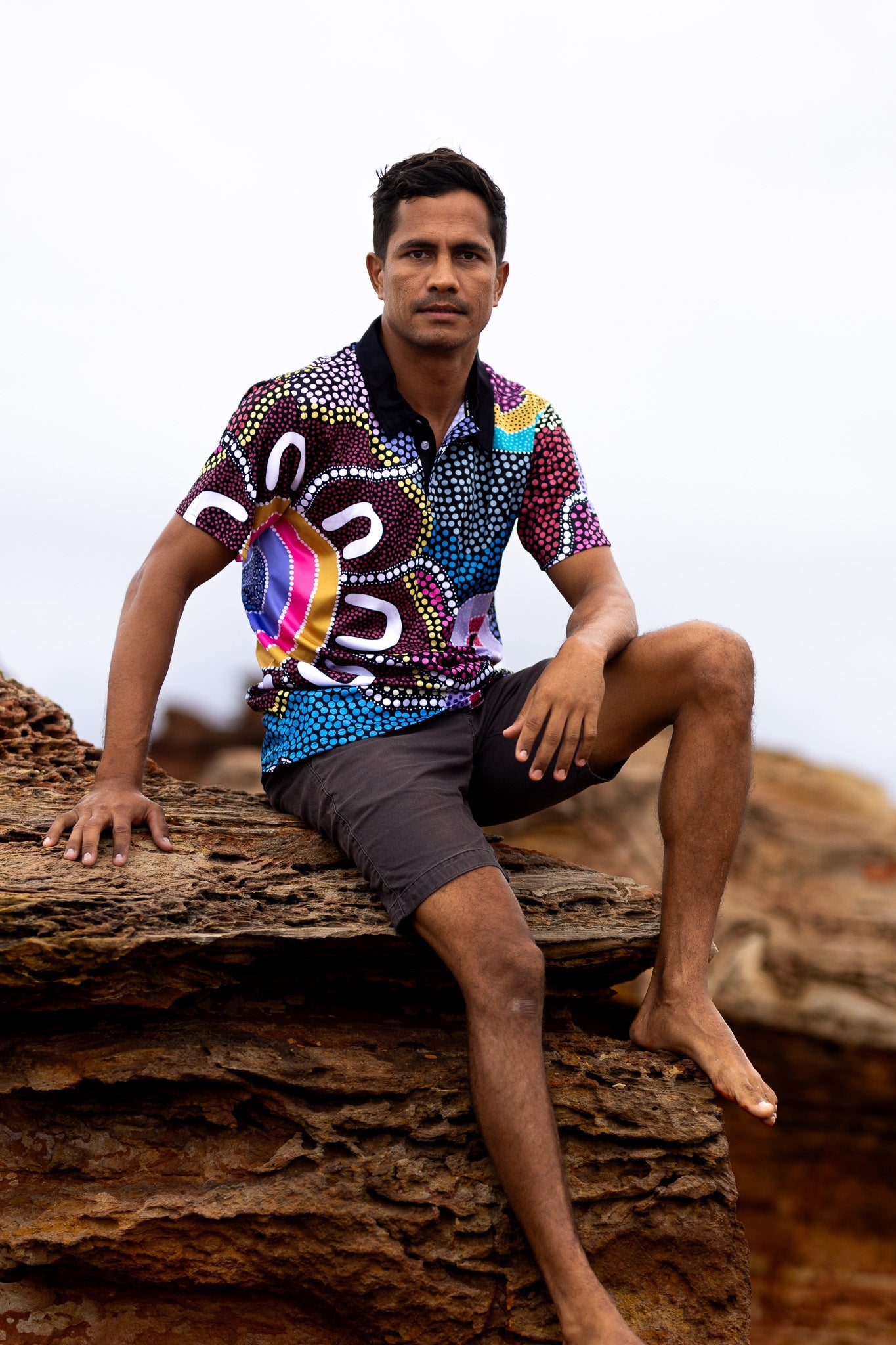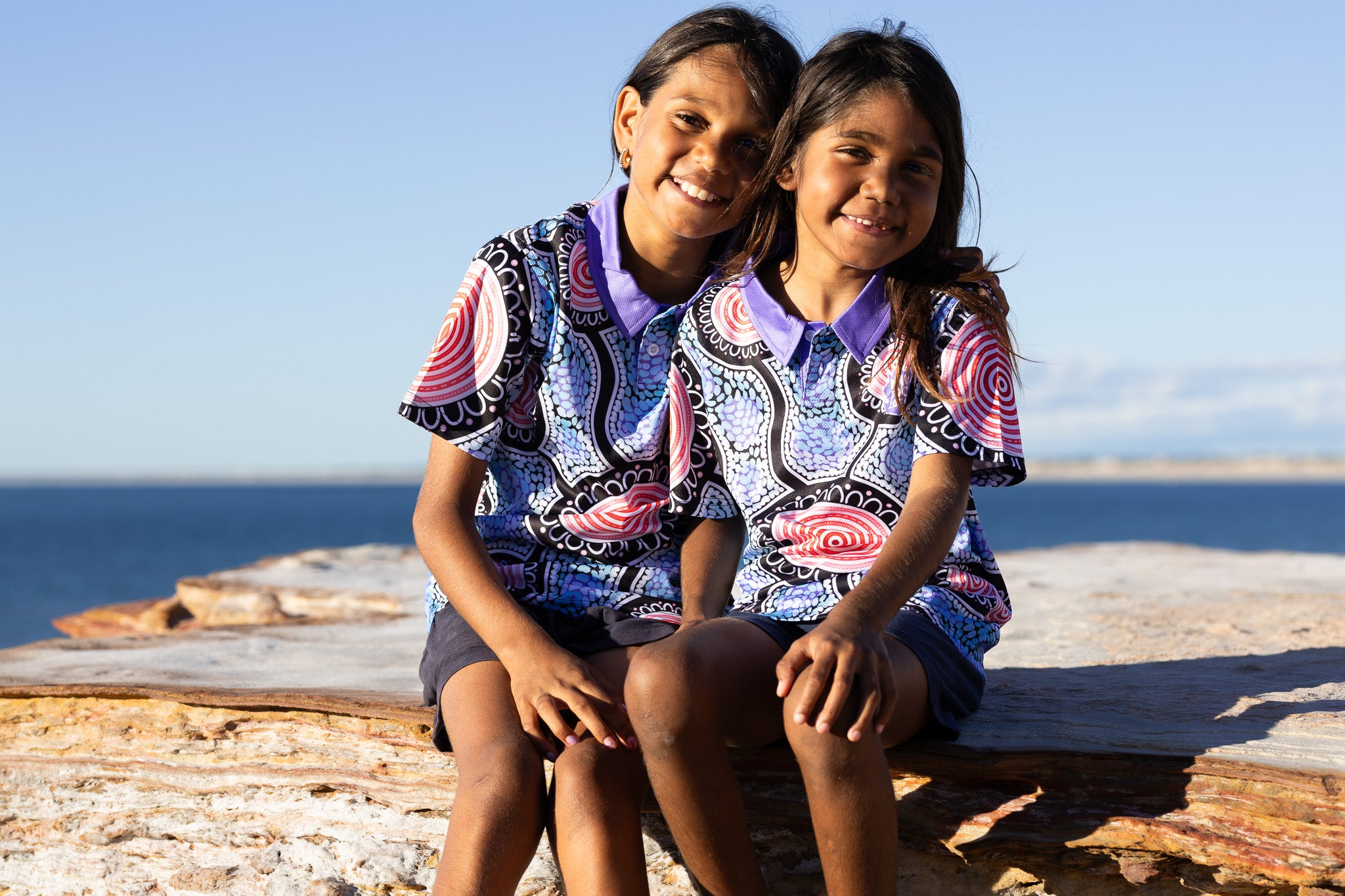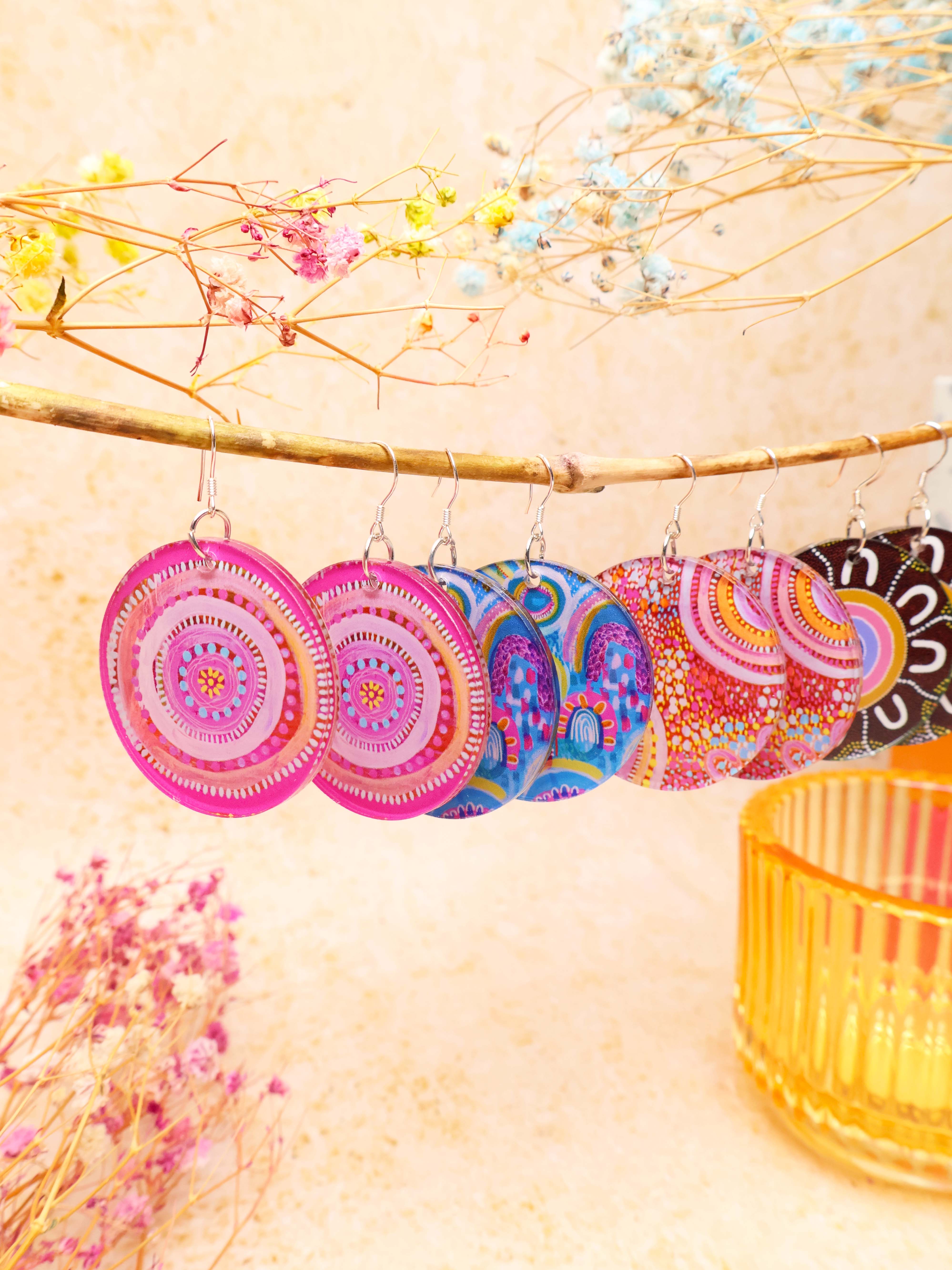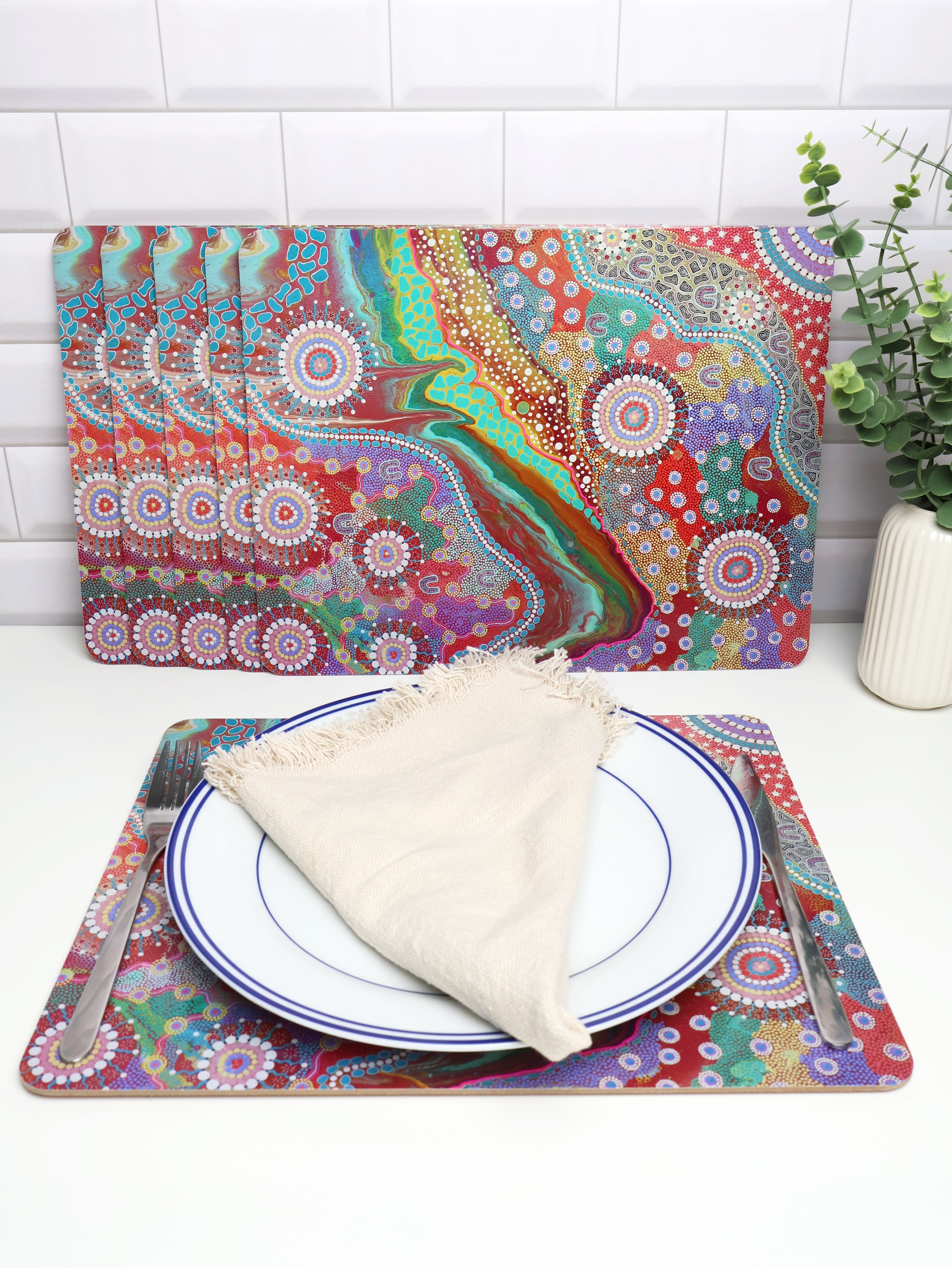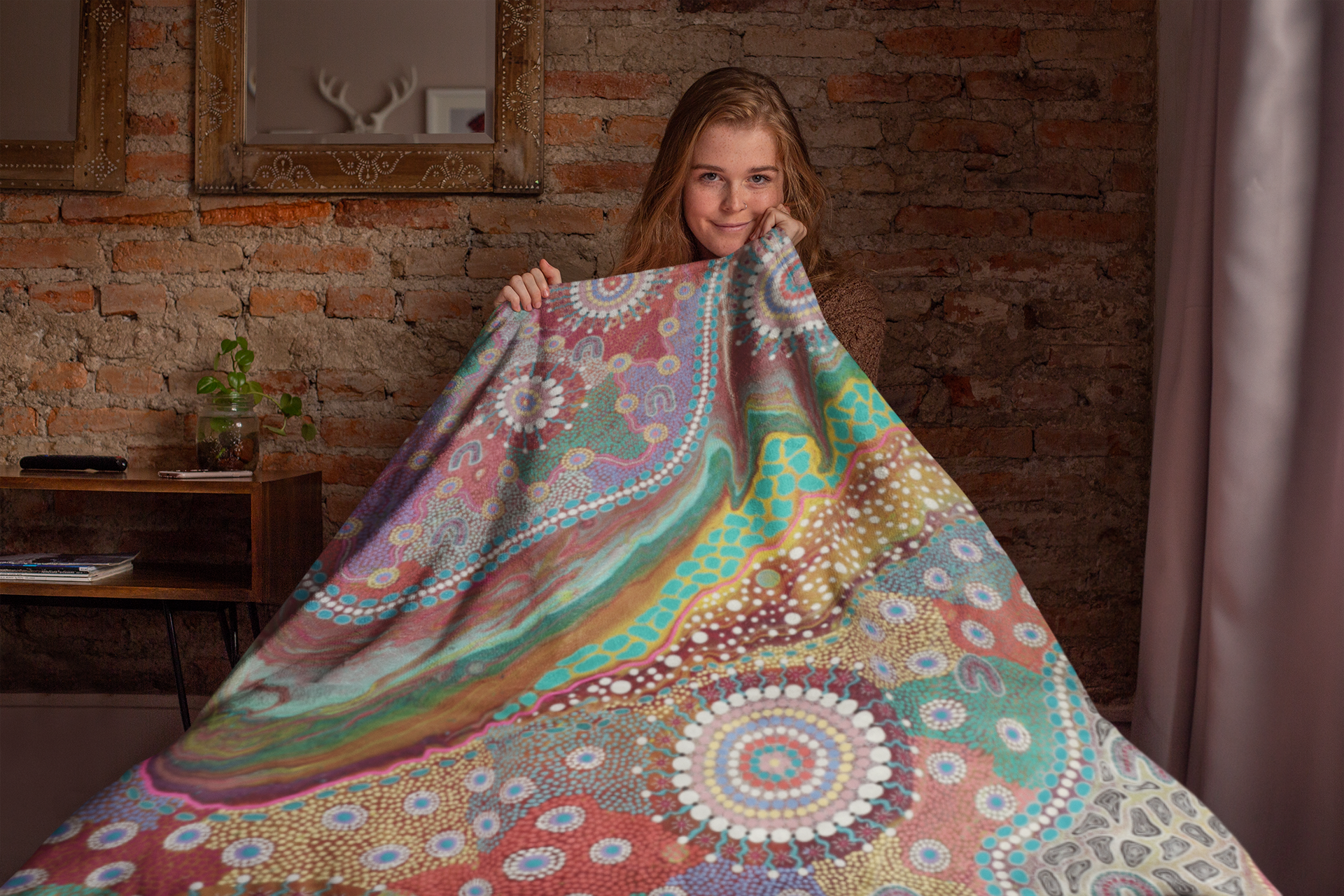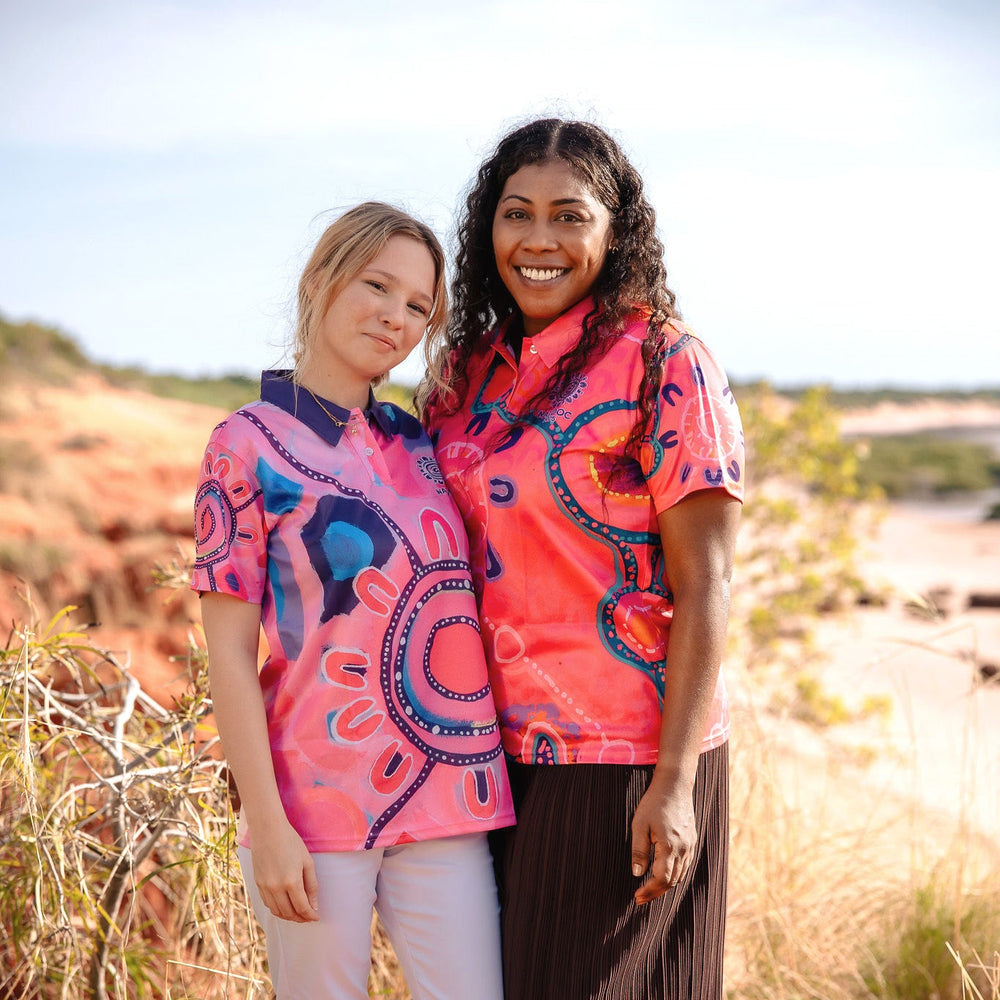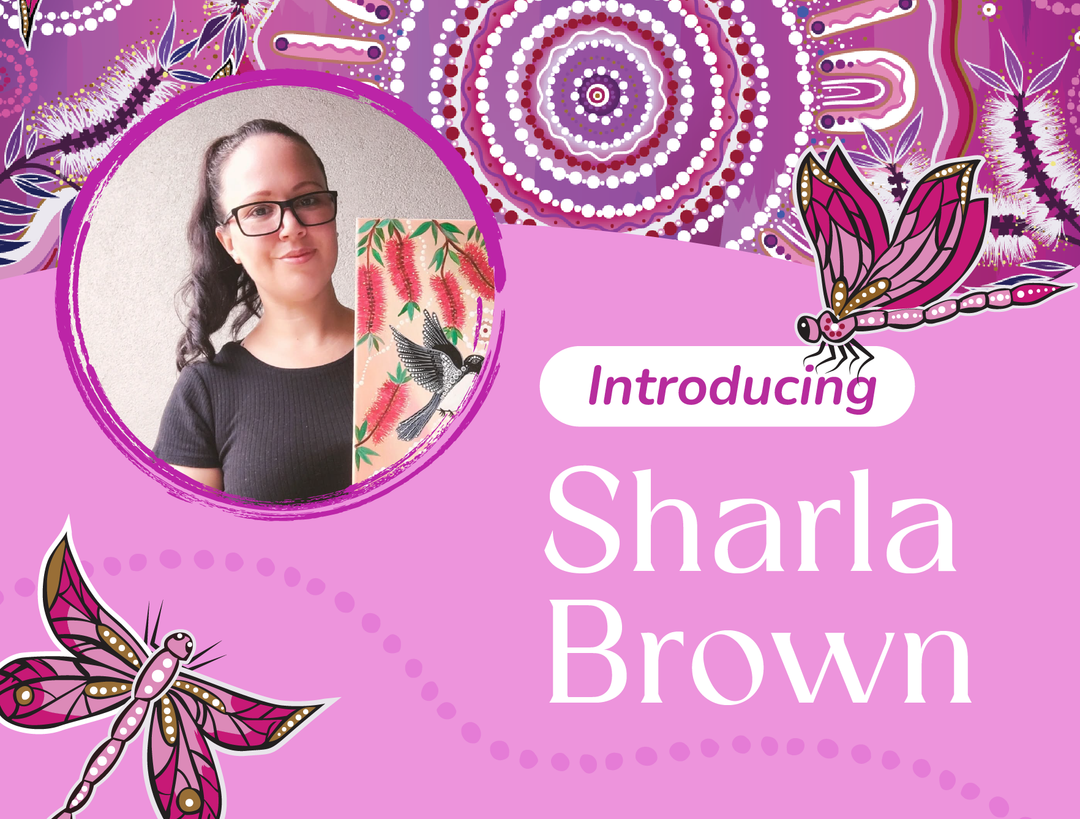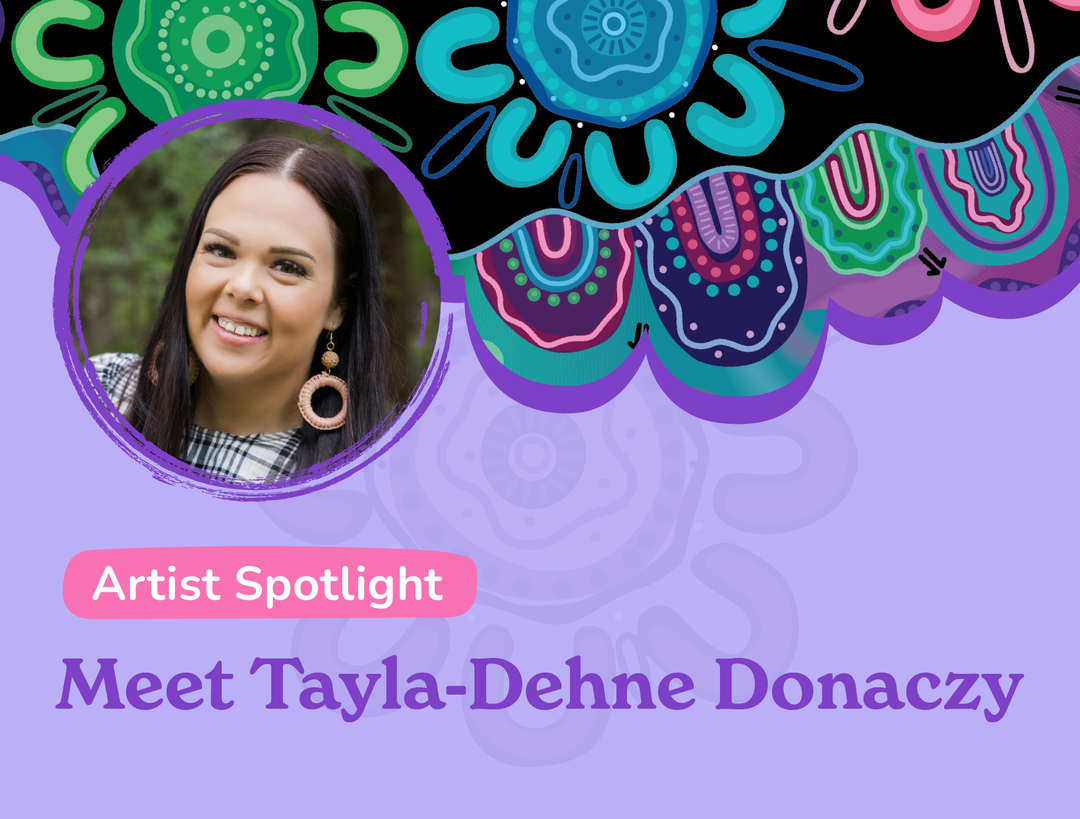In Aboriginal communities, Elders hold a revered position that's been solidified through centuries of tradition. These individuals are not just the senior members of the community; they're the keepers of wisdom, culture, and history. It's not about how many birthdays they've celebrated, but the knowledge they've accumulated and their ability to guide their communities with it.
Aboriginal Elders are like the compass of Aboriginal communities, guiding them through the complexities of life with stories, teachings, and advice that have been passed down through generations. Picture the Elders as the guiding stars of Aboriginal culture, sharing stories and insights that have trickled down through time. Their wisdom is essential for the survival and continuity of cultural traditions. They are the living libraries, carrying stories that weave the fabric of Aboriginal identity and heritage.
Their contribution extends to community guidance, where Elders play a crucial role in decision-making processes. They're often turned to for advice on matters affecting the community, from resolving conflicts to planning ceremonies that are vital for the community's spiritual and social wellbeing. Their words carry weight, and their decisions are respected, making them central figures in maintaining harmony and balance within the community.
In terms of cultural education, Elders are the torchbearers. They ensure that the young members of the community are well-versed in their traditions, languages, and customs. This education is not formal but woven into the daily lives through stories, songs, dances, and rituals that the Elders lead. This hands-on and immersive approach ensures that the culture is not just learned but lived, creating a strong sense of identity among the younger generation.This way, culture isn't just taught; it's a living, breathing part of every day, shaping strong identities for future generations.
Research led by Dr. Lucy Busija, in partnership the Institute for Health and Ageing at the Australian Catholic University, highlights the crucial role Elders play in preserving traditional knowledge, culture, and language within Indigenous communities. Their role encompasses support, community involvement, teaching, respect, and sharing experiences. Elders in Indigenous communities are respected for their stories, art, song, and language, and they play a vital role in consulting on programs and services while caring for younger generations. By empowering Aboriginal Elders with support, steps can be taken towards bridging gaps in the community and transferring sacred spiritual knowledge.
The role of Elders in Aboriginal communities is profound, impacting every aspect of life from spiritual to social. Their wisdom and guidance are the bedrock on which these communities stand, making their position not just respected but revered. In essence, the Elders in Aboriginal communities are the pillars that support the very fabric of life, blending spirituality with the day-to-day, their guidance and wisdom forming the solid ground on which these vibrant communities stand.
Sources:
What Role Does An Elder Have In Indigenous Communities? NTV. 2017.
Strengthening The Role of Elders In Indigenous Communities. ACU. 2017






